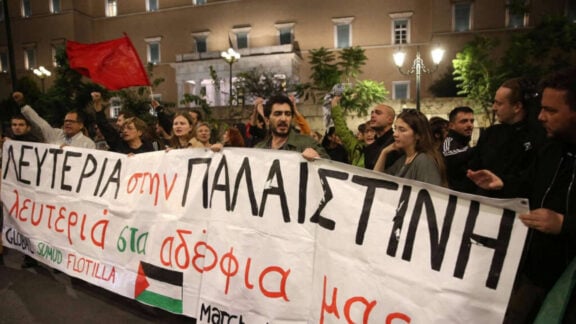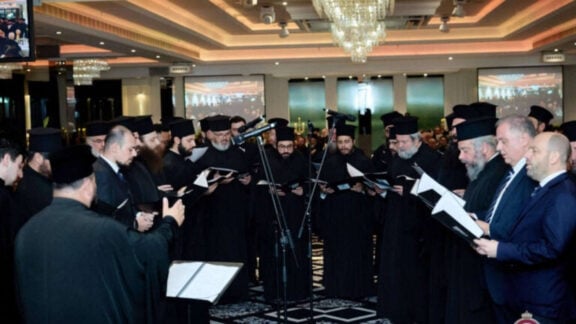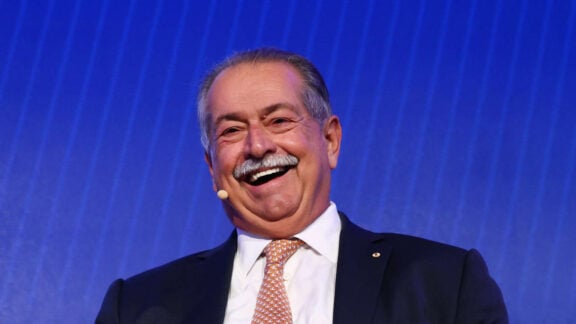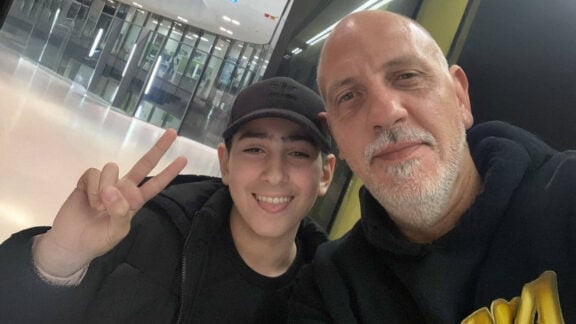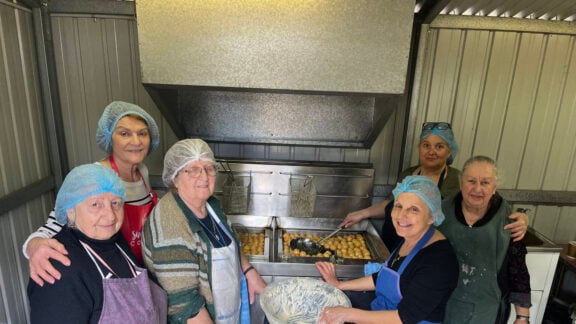For the first time in over a year, the Greek women’s rugby league team will take to the field against Serbia on November 11.
Last year, in what was their first international tournament, the Hellenic women won the European B (South) Championship.
It was in this tournament that they played their first full international match (other than a friendly in 2019) – due to the COVID-19 pandemic and political factors surrounding rugby league in Greece.
They will come up against a side they defeated to win the cup 28-0 last October, with head coach Stuart McLennan expecting a more formidable opponent this time around.
“Serbia has undertaken a strong preparation leading into this game after playing against France and the England Community Lions side this year, ” he stated in a media release.
“We will go to Serbia without a match under our belts but I am confident we have the talent and spirit to put in a good showing against our rivals.
“Serbia and Greece have worked cooperatively in the past to develop rugby league in the region and we welcome another opportunity to take the field with this proud nation.
McLennan will select an 18-woman squad from Aris Eagles, Athens Raiders, Attica Rhinos and Zante, after the first round of club matches are completed on October 29 in Athens.
With just under two weeks to prepare after the squad is named, the group will travel 10 hours to Bojnik, Serbia.
The captain Rania Koutsikou is keen to get back out there with her teammates.
“Every international game is a new opportunity to develop our domestic players, to focus on new skills and to work hard to become better physically,” she said in the media release.
“I’m looking forward to creating new memories on and off the field with the girls. Sharing the field with powerful women and working together, it is a unique feeling.”
Koutsikou is currently studying for a PhD in sports science in Cardiff, and isn’t the only one working hard off the field.
“I’m feeling grateful to be the captain of girls that work all night at the hospital and train at 7.30 in the morning, changing clothes in the car after training to go to work, traveling from different cities and making their own sacrifices to be part of our national team and develop the sport that we love.”
“That’s why I want to give it all on the field and always be by their side before and after those 80 minutes.”

For a sport not historically well developed or governed in Greece, many are getting behind the girls, not just in Greece but Australia too and they know the fans are riding the wave with them.
“After scoring the winning try against Turkey last summer, a video came out of people watching us in the centre of Athens and cheering for us, living the same agony and celebrating the moment. It was very moving.”
“We play for ourselves, we play for our community. It’s such a unique thing to be able to be united with other Greeks across the globe, especially with our massive community in Australia which has played such an important role in the development of the game here.
“It’s things like this that make you appreciate how sport can bring us together no matter where we are based, and we certainly feel the support of everyone and hope to make them proud.”
In January, McLennan led a team made up of Australians with Greek heritage in an international match against the Philippines in Sydney.

The following Aussie based players represented Greece back in January.
Alexia Foster Papanicolau, Antonia Karias, Taliah Mafi, Angelina Ballas, Ebony Tsoukas, Lavinia Taukamo, Maria Posantzis, Cherish Tseros, Jonaya Bent, Mikayla Tuliatu, Christine Tsougranis, Stella Lellis, and Meleanna Waters.
Interchange: Jasmin Testa, Lisa Poulakis, Simone Stephen, and Stephanie Glumac.

